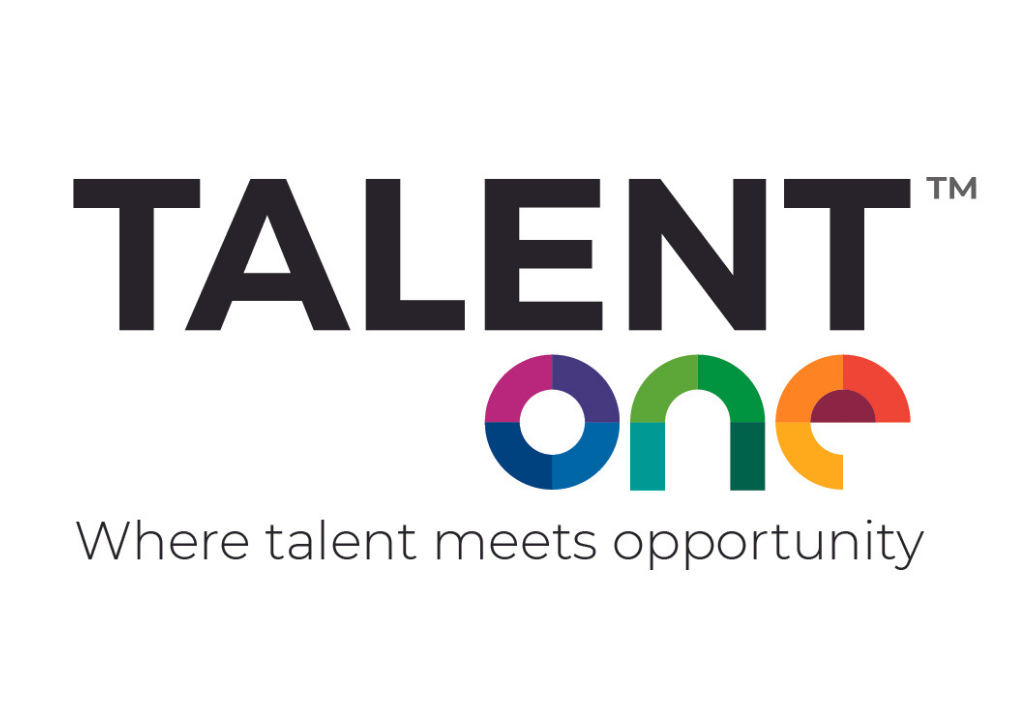We created a single online system which allows staff at Birmingham and Solihull Mental Health Foundation Trust to book desks, meeting rooms and clinic rooms. UBook really came into its own during the COVID-19 pandemic as it was quickly modified to enable social distancing and other infection control measures.
Background
Before signing up to use UBook, Birmingham and Solihull Mental Health Foundation Trust identified their room booking system as creating major time management issues.
Operating across several sites, the Trust had used several different methods of allocating desks and meeting rooms, including Outlook calendars, Excel spreadsheets and paper diaries. Staff often had to ring around several sites to find the size of meeting room they needed, and there was no audit trail so if bookings were unexpectedly changed or rooms were double booked there was no way to trace the source of the problem.
Action
Since piloting UBook in October 2020, the Trust now enjoys a centralised system which every member of staff across the Trust can access to determine the availability of all sizes of rooms across all sites to book the one closest to their needs. As well as meeting rooms, the Trust is using UBook for clinic room bookings, desk bookings and arranging meetings with approved visitors.
MLCSU has worked closely with the Trust’s Programme Management Office (PMO) to adapt the system to local needs, and attends regular meetings to map out future enhancements, provide updates and seek feedback on changes made. These changes have included the swift introduction of new features to help the Trust coordinate onsite working during the COVID-19 pandemic.
Impact
UBook has had a major impact on improving the efficiency of Trust systems. Teams sometimes book larger (or smaller) meeting or clinic rooms than they need, but UBook allows managers to review bookings and change bookings to ensure the most efficient use of available meeting room space is made. Ubook can also prompt a user that a better-sized room is available before they commit to a booking.
Initially, a desk booking system was introduced at the Trust HQ to support hot desking and reduce the need to provide allocated desks. This was quickly adapted during the COVID-19 pandemic to ensure that desks could be removed to comply with social distancing regulations.
UBook’s new interactive floor map showed staff which desks could be booked at any given time and the system locked out desks for 72 hours after each use to ensure that they were COVID-free before being used again. Before the pandemic, the trust intended to install touch self-check screens, but infection control measures made this inadvisable, so MLCSU quickly created a QR code ‘check-in’ capturing when staff arrived.
The Trust operates three secure forensic units and all patient visitors have to be approved by the clinical team before they visit using a cumbersome paper system. To resolve this, MLCSU worked with the Trust’s electronic patient record (EPR) team to integrate UBook with the Rio EPR, so that details of approved visitors are automatically imported into UBook.
Amanda Tierney, Project Manager, Birmingham and Solihull Mental Health Foundation Trust, said:
“MLCSU have been exemplary in their commitment to making the system work for our needs. Their response time to queries is excellent and at no point have I had to chase any updates/actions.
“Hand on heart, I’ve not had any negative feedback about UBook. The admin staff find it extremely useful and easy to use and the ward staff are all positive too. I’ve learned so much from working with CSU and I’m extremely grateful, I couldn’t recommend them highly enough. I think that UBook is phenomenal and will benefit any organisation that uses it.”












